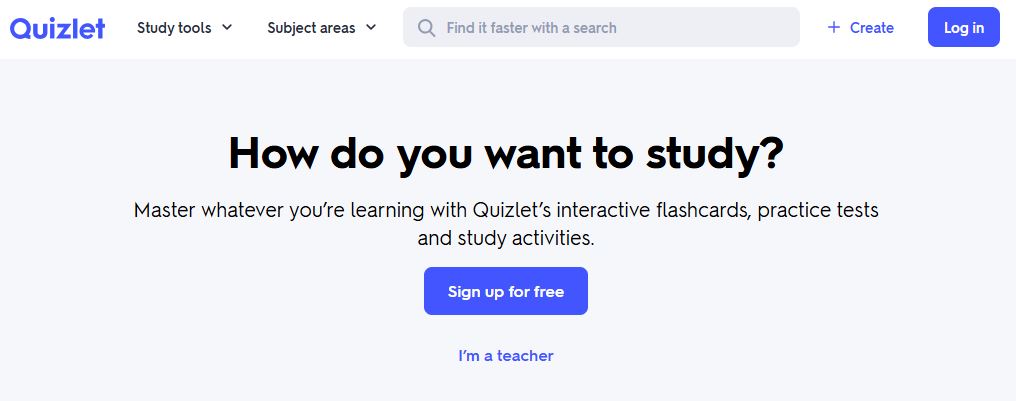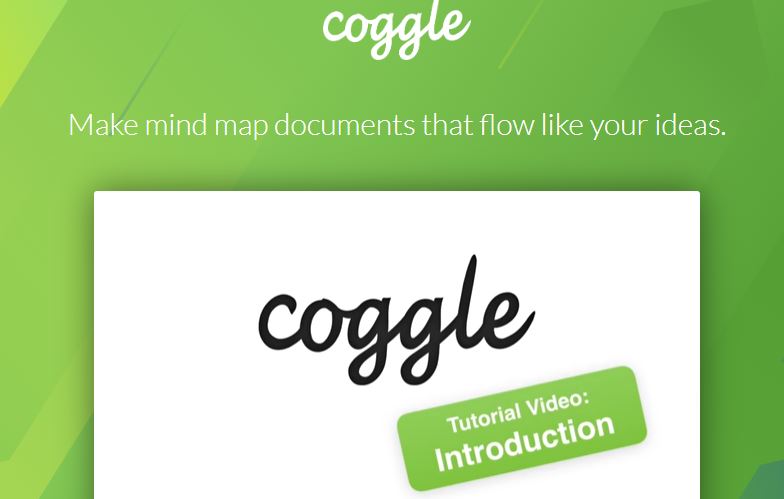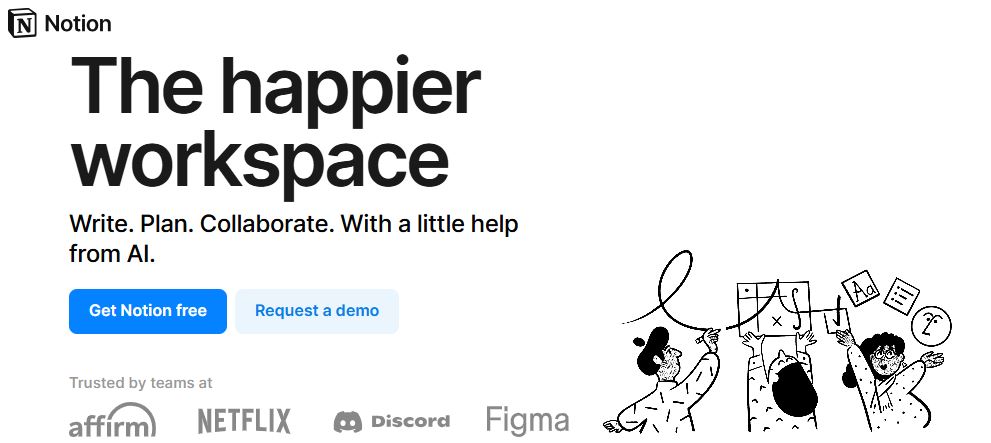In today’s fast-paced educational environment, leveraging AI tools can make studying textbooks more effective and efficient. AI-powered apps help streamline note-taking, summarize complex topics, generate flashcards, and even test your understanding of the material. Whether you’re a student aiming to ace your exams or a lifelong learner tackling a new subject, these tools can provide invaluable support. This blog explores the 10 best AI apps designed to help you study textbooks, breaking down their key features, pros, and cons, and offering a comparison table for an at-a-glance overview.

Table of Contents
ToggleWhy Use AI Apps for Studying Textbooks?
AI apps bring precision, adaptability, and speed to the learning process. They use algorithms to analyze textbook content, extract the most critical points, and present them in digestible formats. This saves hours of manual effort and allows students to focus on comprehension and retention. With AI, learning becomes more interactive and personalized, helping students understand and retain information faster.
Key Features to Look for in an AI Study App
When selecting an AI app for studying textbooks, consider the following:
Content Summarization: The ability to condense large amounts of information into easy-to-understand summaries.
Custom Flashcards: Automatically generated flashcards for active recall.
Language Support: Multilingual tools for non-native English speakers.
Interactive Quizzes: Self-assessment tools to gauge understanding.
Offline Mode: For uninterrupted studying without internet connectivity.
Integration: Compatibility with other tools like Google Drive, PDFs, or note-taking apps.
Top AI Apps to Help You Study Textbooks
1. Quizlet

Key Features:
Creates flashcards automatically from textbook material.
Offers interactive games and quizzes for active learning.
Audio support for pronunciation and auditory learning.
Pros:
Easy to use and widely available.
Encourages spaced repetition for retention.
Cons:
Limited advanced features in the free version.
2. Chegg Study
Key Features:
Detailed textbook solutions and expert Q&A support.
AI-based flashcards and study guides.
Tailored study schedules.
Pros:
Comprehensive solutions for complex problems.
Regular updates and new content.
Cons:
Requires a subscription for full access.
3. Khan Academy
Key Features:
Extensive library of textbook-aligned content.
AI-powered quizzes and practice tests.
Interactive lessons and progress tracking.
Pros:
Free and high-quality resources.
Covers a wide range of subjects.
Cons:
Less customizable for individual textbook content.
4. Grammarly
Key Features:
Improves the clarity of your study notes.
Provides vocabulary suggestions and sentence restructuring.
Offers a plagiarism checker for research projects.
Pros:
Enhances writing skills alongside studying.
Seamlessly integrates with other apps.
Cons:
Limited focus on textbook-specific features.
Also Read: 10 Best AI Courses
5. Wolfram Alpha
Key Features:
Solves textbook math and science problems.
Generates detailed step-by-step solutions.
Provides visual aids like graphs and charts.
Pros:
Ideal for STEM students.
Powerful computational engine.
Cons:
Complex interface for new users.
6. Coggle

Key Features:
AI-assisted mind mapping for organizing textbook content.
Supports collaboration for group study sessions.
Integrates with Google Drive.
Pros:
Excellent for visual learners.
Easy sharing and exporting options.
Cons:
Limited advanced features in the free version.
7. Anki
Key Features:
AI-driven spaced repetition flashcards.
Customizable for various subjects.
Syncs across devices for seamless study sessions.
Pros:
Effective for long-term retention.
Community-shared decks for popular subjects.
Cons:
Steeper learning curve for beginners.
8. Evernote
Key Features:
AI-enhanced organization of study notes.
Optical Character Recognition (OCR) for textbook images.
Cross-platform synchronization.
Pros:
Excellent for creating and managing study materials.
Integrates with multiple tools like Google Drive.
Cons:
Advanced features require a premium subscription.
9. Microsoft OneNote
Key Features:
AI-powered note categorization.
Embedded textbook images and annotations.
Collaboration tools for group studies.
Also Read: 10 Best AI Software for Cover Letter Editing in 2024
Pros:
Free and powerful for digital note-taking.
Syncs with Microsoft Office tools.
Cons:
Slightly overwhelming for new users.
10. Notion

Key Features:
AI-assisted task and content organization.
Templates for study schedules and textbook notes.
Cross-device synchronization.
Pros:
Highly customizable for individual study needs.
Intuitive interface for project management.
Cons:
Limited offline functionality.
Best AI Apps to Help You Study Textbooks at a Glance
| App | Free Version | Content Summarization | Custom Flashcards | Interactive Quizzes | Best For |
|---|---|---|---|---|---|
| Quizlet | Yes | No | Yes | Yes | Flashcard-Based Learning |
| Chegg Study | No | Yes | Yes | Yes | Textbook Solutions |
| Khan Academy | Yes | No | No | Yes | Interactive Lessons |
| Grammarly | Yes | No | No | No | Improving Notes |
| Wolfram Alpha | Yes | Yes | No | No | STEM Problems |
| Coggle | Yes | No | No | No | Mind Mapping |
| Anki | Yes | No | Yes | No | Long-Term Retention |
| Evernote | Yes | No | No | No | Organizing Notes |
| Microsoft OneNote | Yes | Yes | No | No | Digital Note-Taking |
| Notion | Yes | Yes | No | No | Study Organization |
Wrapping It Up
AI-powered apps are transforming the way students approach studying textbooks. From creating custom flashcards to solving complex problems, these tools are a boon for efficient learning. Whether you’re looking for an app to organize notes, generate quizzes, or create study schedules, there’s an AI solution tailored for your needs. Explore these options and find the one that aligns with your study style to boost your productivity and understanding.
Interesting Reads
10 Best WordPress Form Plugins




